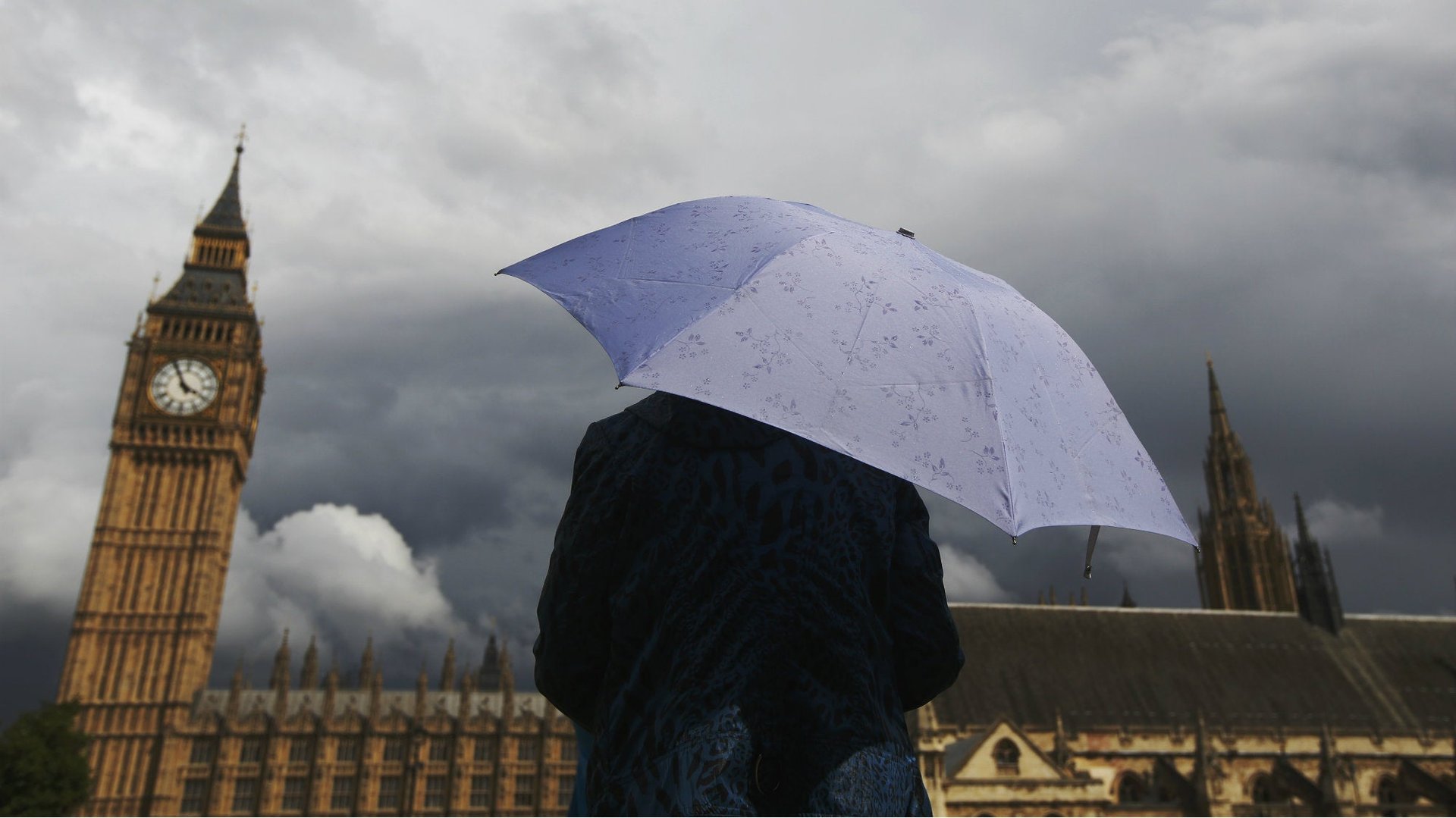A big bank upgraded its forecast for the UK economy in the gloomiest way possible
Bank of America Merrill Lynch is the latest in a series of big banks to raise its forecast for economic growth in post-Brexit Britain. The UK won’t slip into recession in the quarters immediately following the June 23 vote to leave the European Union, as was initially feared, the bank said.


Bank of America Merrill Lynch is the latest in a series of big banks to raise its forecast for economic growth in post-Brexit Britain. The UK won’t slip into recession in the quarters immediately following the June 23 vote to leave the European Union, as was initially feared, the bank said.
The bank’s economists now predict a 1.8% increase in gross domestic product this year and 0.6% in 2017, both a bit higher than previously predicted. This follows data that suggest the UK’s growth prospects rebounded in August after sinking in July.
But this seemingly good news comes at a price. The bank’s upgrade is actually part of a much gloomier long-term outlook for the UK.
Instead of Britain suffering an immediate and sharp decline in economic growth, followed by a robust rebound, the ramifications of Brexit will be less drastic but longer lasting, according to Bank of America’s UK economist, Rob Wood:
Better than expected data is not the same as strong data… In the short-term we expected uncertainty to hit investment and big ticket sales; and in the long-term see worse trading terms damaging productivity and prosperity… The drag on growth looks less acute than we had expected but may be more chronic. So we shift our forecast from a U-shape for growth—a near-term drop followed by recovery—to a longer period of soft growth.
Since the referendum, economists have been scrutinizing every shred of data: some good (consumer confidence, surveys of executives at services and manufacturing firms) and some bad (official statistics for manufacturing output).
The National Institute of Economic and Social Research says the probability of a recession before the end of 2017 “remains significantly elevated.” (Last month, it said there was a 50% chance.) Meanwhile, Goldman Sachs, Morgan Stanley, and Credit Suiss—like Bank of America—have all ditched their forecasts for recession. But that doesn’t necessarily mean that they are optimistic about the future.